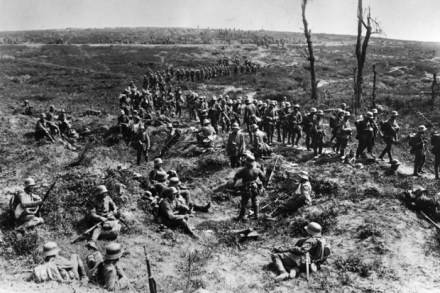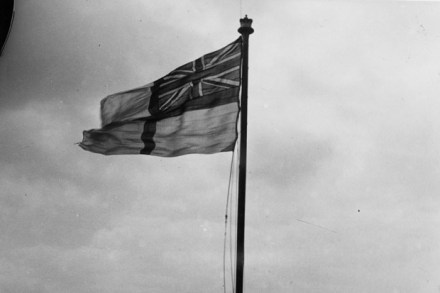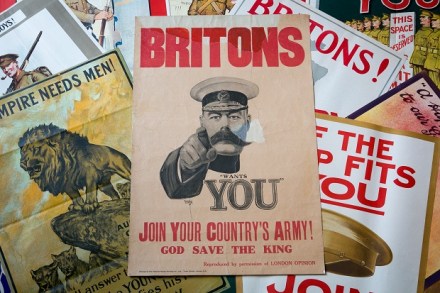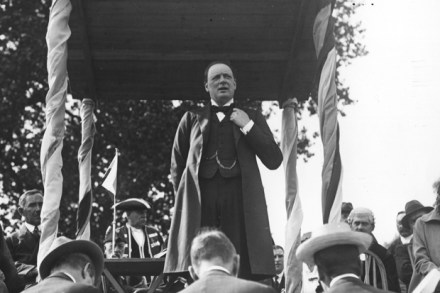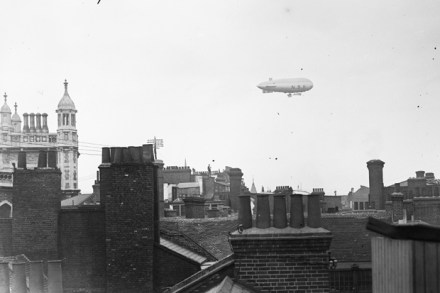Never again
From ‘Terms of peace’, The Spectator, 15 July 1916: As the man in the street might say, ‘The Allies are not going to give the Germans a chance to come at us a second time. Never again! is our motto.’ And if this is the object of the war, it will also be the object of
